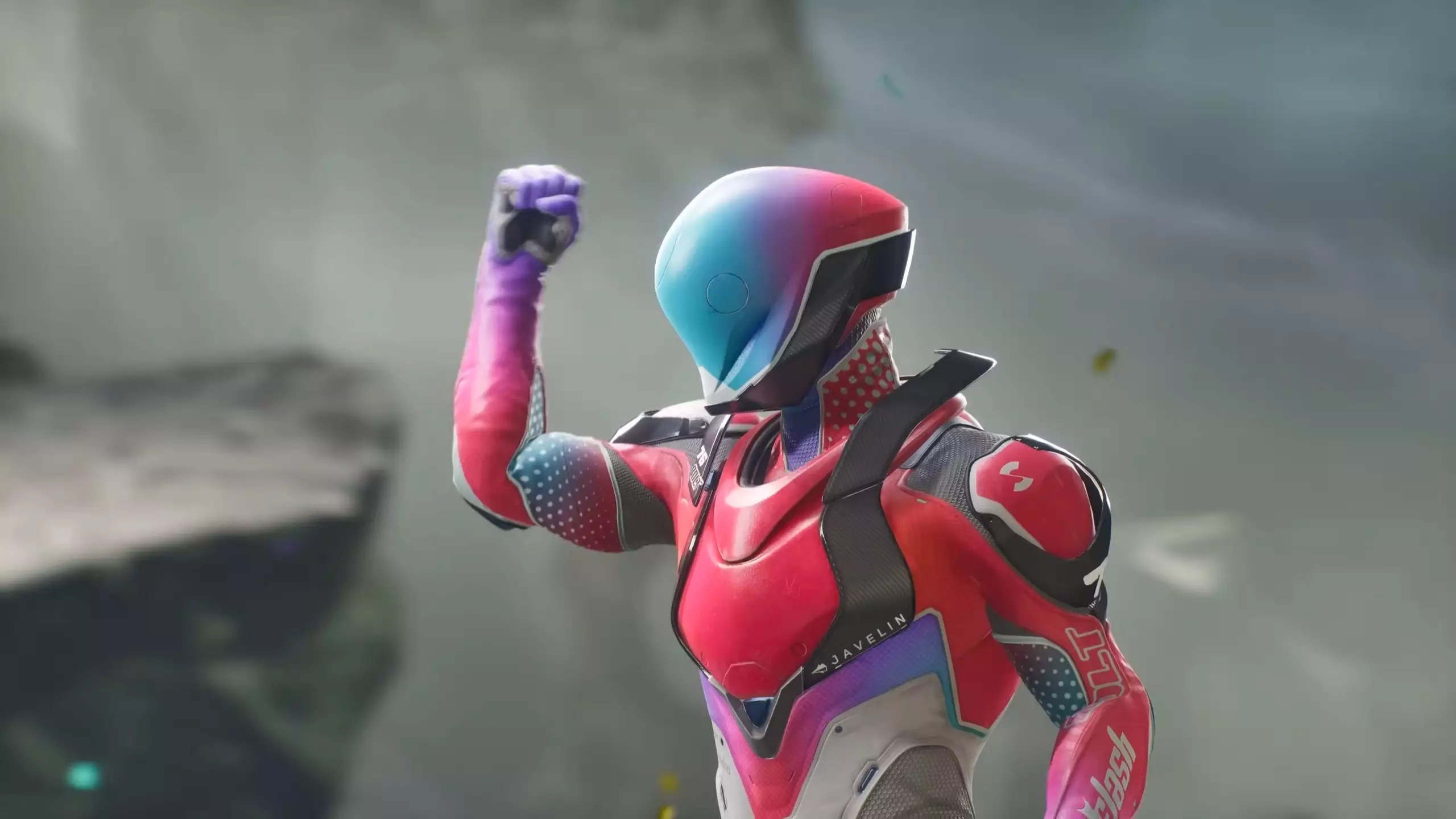In the landscape of gaming, where excitement often meets disappointment within seconds, the recent promotion for Splitgate 2 serves as a case study in how poor messaging can overshadow technical achievements. On the surface, Splitgate 2 has all the ingredients of a successful sequel: solid mechanics, a nostalgic nod to prior franchises, and an engaged player base. Despite this, 1047 Games co-founder Ian Proulx’s inflammatory comments during the Summer Game Fest have overshadowed the game’s much-anticipated release. This incident underscores how crucial it is for game developers to communicate thoughtfully, as a single misstep can unravel months, if not years, of hard work.
While enthusiasm for the title was high, Proulx’s declaration that he wanted to “Make FPS Great Again” felt out of touch with the community that has supported the franchise. The juxtaposition of this rhetoric alongside the launch of a new battle royale mode prompted user backlash that was swift and brutal. Players, often quick to forgive bugs and delays, are far less forgiving when it comes to what they perceive as disrespectful or tone-deaf messaging. When a developer misaligns marketing strategies with community expectations, the backlash can derail even the most promising launches.
The Unforgiving Nature of Social Media
The digital age has bestowed upon gamers an unprecedented platform to voice their opinions. Social media, with its real-time capabilities, can amplify every criticism and praise alike. Following Proulx’s comments, platforms like Reddit and Twitter erupted with disdain, branding the revelation as ‘cringe.’ Comments like “this was just cringe” exemplify the sentiment permeating the community. This paradoxically enhances the visibility of an otherwise minor marketing misstep, making it a focal point in conversations about the game’s future.
It’s a perilous landscape that game developers must navigate. While they can achieve server traffic spikes, this spike may be fleeting if they’re not careful with how their messages resonate with the fanbase. Ironically, the attention garnered from Proulx’s comments might not be the publicity that 1047 Games envisioned. What was meant to be a game announcement now risks becoming an extended narrative of how to mismanage a passionate community.
The Role of Leadership in Perception
The tone set by a game’s leadership significantly influences public perception. Leadership is not only about providing direction but also about embodying the values that resonate with players. Proulx’s presentation could be seen as emblematic of a disconnect between developers and gamers, sparking frustrations that were echoed across various platforms. Even community members who previously championed Splitgate might now find themselves questioning their loyalty, with sentiments like “I now feel embarrassed for liking this game” blaring like alarm bells across gaming forums.
These sentiments reflect a fundamental aspect of community management: the emotional investment players have in their favorite games. When a leader misrepresents or devalues that investment through inappropriate comments or dramatics, it can lead to a broader disaffection. The ensuing chaos serves as a cautionary tale; believing that game mechanics alone will ensure success neglects the crucial interplay between community sentiment and developer messaging.
Learning from Mistakes
Amid the maelstrom, there lies an opportunity for introspection and growth. The backlash against Splitgate 2’s promotional tactics allows developers and leaders alike to reassess how they approach game launches. Engaging with the community genuinely and thoughtfully during these pivotal moments is essential. Many successful titles today owe their longevity not just to gameplay but also to strong community ties fostered through transparency and relatability.
In view of the recent encounter, the conversation surrounding Splitgate 2 is set to evolve. Players may remain skeptical for now, but if 1047 Games can reestablish its credibility by fostering open dialogue and acknowledging its missteps, it might yet overcome this adversity. Such a shift requires humility and a commitment to valuing community input over marketing gimmicks. Nevertheless, as nostalgic sentiments about franchises like Call of Duty and Halo navigate the currents of modern gaming, the opportunity for Splitgate 2 to carve its niche remains – but only if it manages its narrative with care and sincerity.


Leave a Reply